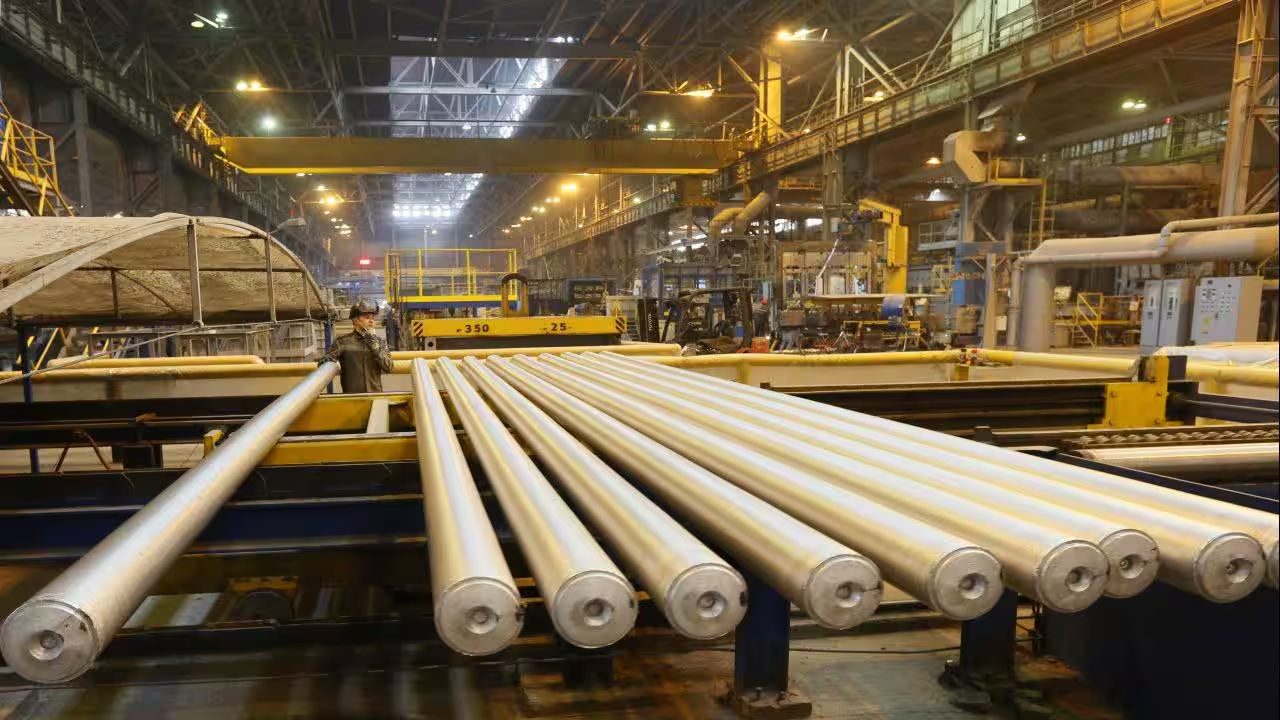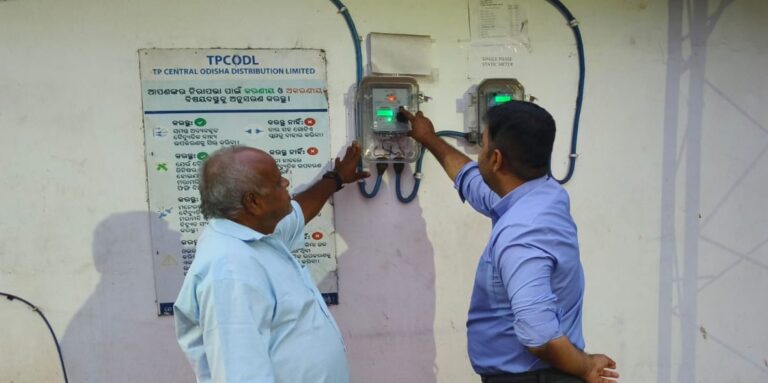Bhubaneswar, 29th October 2025: The Aluminium Association of India (AAI) has urged the Department for Promotion of Industry and Internal Trade (DPIIT) and Ministry of Finance, Govt. of India,to safeguard the nation from an impending aluminium shortage, like the concerns around critical and rare minerals—and to unlock investments exceeding ₹20 lakh crore in the sector.The industry has urged the government to provide domestic market access by preventing India from becoming a dumping ground for global aluminium, amid escalating geopolitical tariff and non-tariff barriers. To this end, AAI has sought a 15% basic customs duty on all aluminium products under Chapter 76, along with the implementation of stringent quality standards aligned with global benchmarks.
AAI’s appeal comes at a time when global market distortions and import surges from surplus-capacity countries are threatening the competitiveness of Indian producers. Aluminium, now recognised as a strategic and critical metal by the United States, European Union, NATO, and India, plays a key role in national security, infrastructure, aerospace, and the energy transition.
The United States has raised tariffs on aluminium imports from 10% to 50%, while China has imposed a 25% duty on aluminium scrap imports from the US along with stringent quality restrictions (<91% Aluminium content allowed). Meanwhile, the European Union and the United Kingdom have introduced non-tariff measures such as the Carbon Border Adjustment Mechanism (CBAM), effectively increasing aluminium import costs by 7% to 60%.
However, in India, despite a₹1.5 lakh crore investment in building a 4.2 MTPA production capacitysecond only to China,and creating over 8 lakh jobs, low-quality imports of aluminium are on the rise and may comprise54% of domestic demand in FY26. Over the past 14 years, aluminium consumption in India has grown by 160%, but imports have surged by 250%, while aluminium scrap imports have risen by 285%. This imbalance underscores the mounting pressure on domestic manufacturers amid distorted global trade conditions and will be a major dent to India’s Aatmanirbhar Bharat vision.
Key Recommendations by AAI:
- Increase the basic customs duty on all aluminium products under Chapter 76 to 15% to counter dumping and unfair trade.
- Implement BIS-aligned quality standards for aluminium scrap imports, consistent with global benchmarks outlined in the Aluminium Vision Document, to prevent India from becoming a dumping ground for low-quality and hazardous scrap.
- Rationalise duty structures on critical raw materials to support domestic value addition and competitiveness.
- Harmonise regulatory frameworks to promote circular economy practices and strengthen environmental safeguards.
Unregulated aluminium scrap imports have emerged as a growing threat to India’s industrial ecosystem. The absence of quality standards has led to an influx of low-grade, contaminated scrap, often containing hazardous materials such as lead, importedmajorly from the US andEU among others due to their stricter recycling norms. The use of such scrap in consumer goods, electrical cables, and utensils poses serious health, safety, and environmental risks while undermining domestic producers who adhere to BIS-certified processes.
If these measures are implemented, India could unlock major industrial growth, attracting investments of over ₹2 lakh crore in the near term and ₹20 lakh crore by 2047. It would expand domestic aluminium capacity to 9.2 MTPA by 2030, create over one lakh new jobs, support thousands of MSMEs, and reduce import dependence.
AAI has urged DPIIT and Ministry of Finance, Government of Indiato prioritise these reforms ahead of the Union Budget 2026–27 to protect India’s aluminium industry and advance the government’s Atmanirbhar Bharat vision.





















+ There are no comments
Add yours